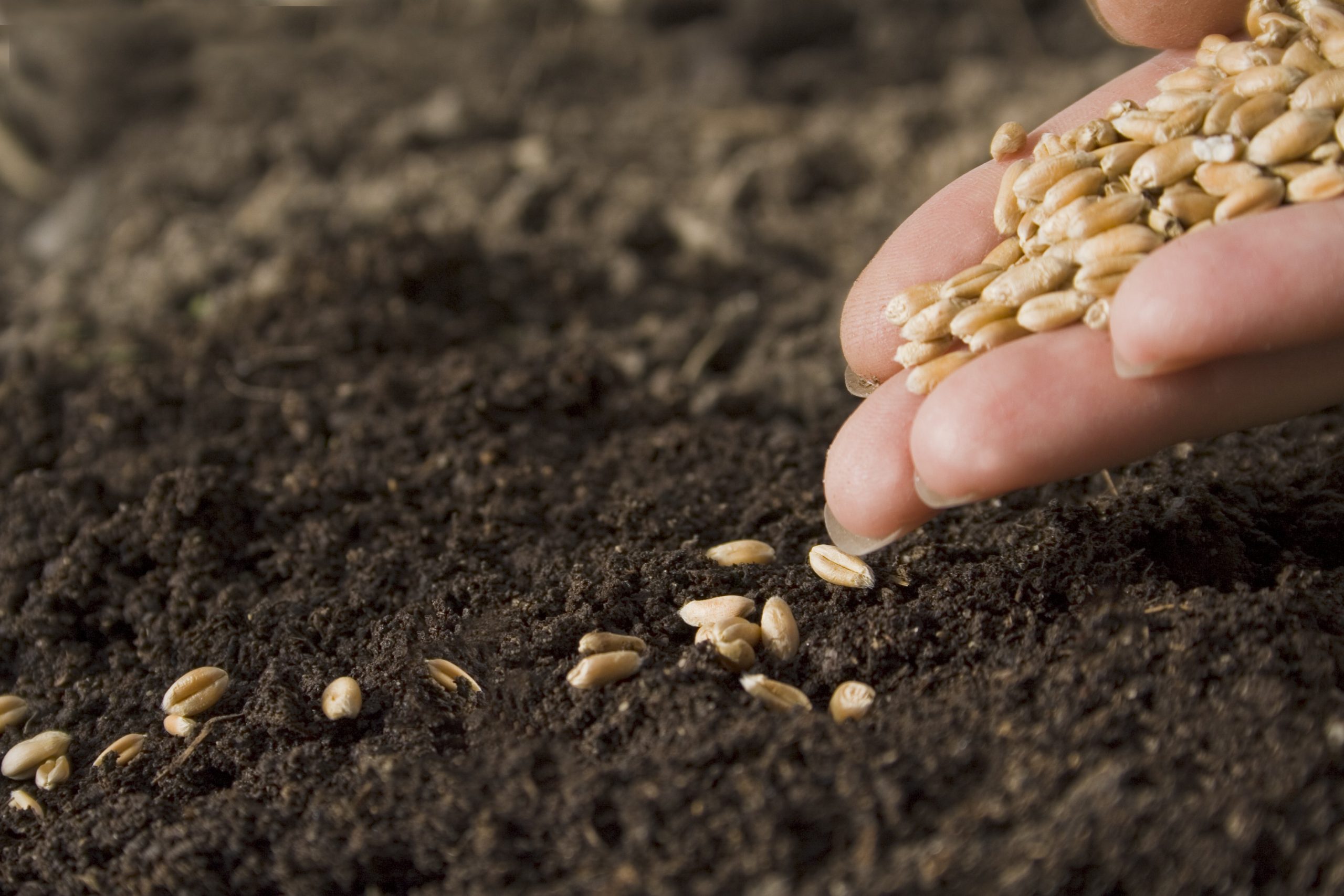As the organic industry booms, grower challenges and seed needs loom large

Published: June 6, 2022
Category: Organic News
Organic Farming Research Foundation (OFRF) and Organic Seed Alliance (OSA) are proud to announce the release of the National Organic Research Agenda (NORA) and State of Organic Seed (SOS). The two reports, published every five years, examine organic farming challenges in the U.S., identify research needs, and assess the organic seed needs of producers.
2020 organic sales surpassed $56 billion, a 12% uptick from 2019. The NORA report details organic research needs with the goal of informing future investments; SOS detailed trends in organic seed sourcing, challenges of organic producers, public investments in plant breeding, and more.
“Organic farming has been historically under-invested in, in terms of research, education and extension,” says OFRF Executive Director Brise Tencer. “The 2022 National Organic Research Agenda presents… a compelling roadmap for how to best support [the industry].”
Survey respondents (over 1,100 organic ranchers and farmers) provided input and perspectives on their current organic production systems in 2020, including the use of regenerative soil health management practices, water conservation, organic inputs, and organic seed. Findings confirm that organic producers lead the nation in adoption of soil health management and climate-friendly practices.
BIPOC (Black, Indigenous, and People of Color) producers were found to experience many organic production challenges and at a higher rate than White producers.
Unfortunately, OSA’s recent findings show no meaningful improvement in organic producers using more organic seed compared to five years ago. This lack of progress puts at risk the viability of the organic seed industry and the integrity of the organic label. In particular, the largest organic operations still use relatively little organic seed, and data suggests that organic certifiers’ enforcement of the organic seed requirement could be strengthened.
Organic & Non-GMO Insights June 2022








